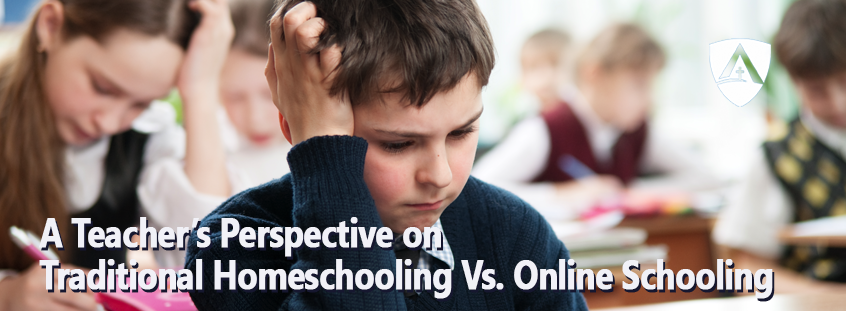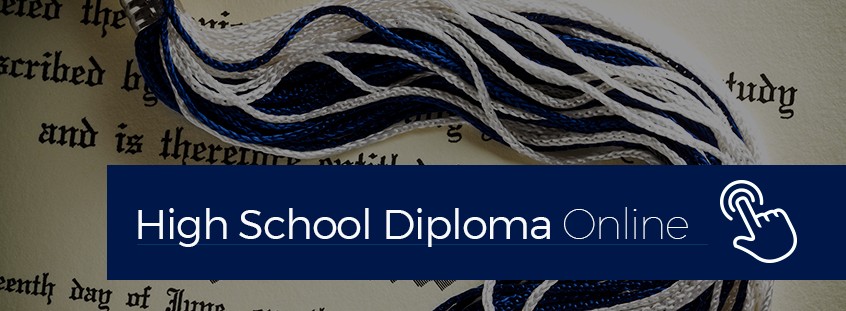Education starts with the interpersonal relation of the Educator and the educated, the Divine and the divine image bearer. When searching for answers concerning any given thing, one must search out its source and cause, as Aquinas notes when considering first principles.[2] For education, one must return to archetypal wisdom[3]—the God after whose image humanity is created.
This philosophy of education will expound on four aspects of education: (1) the first principles of education (i.e., the source, the what, and the why), (2) the teacher, (3) the student, and (4) the nature of the learner (i.e., the how). Due to the limitations of this essay, some foundational scriptural truths will be presupposed, while others will be explained via footnotes, and still others will be left out entirely.








![History of Christian Universities In The United States [Infographic]](https://www.enlightiumacademy.com/blog/images/easyblog_images/557/b2ap3_large_Christian_Universities_US.jpg)